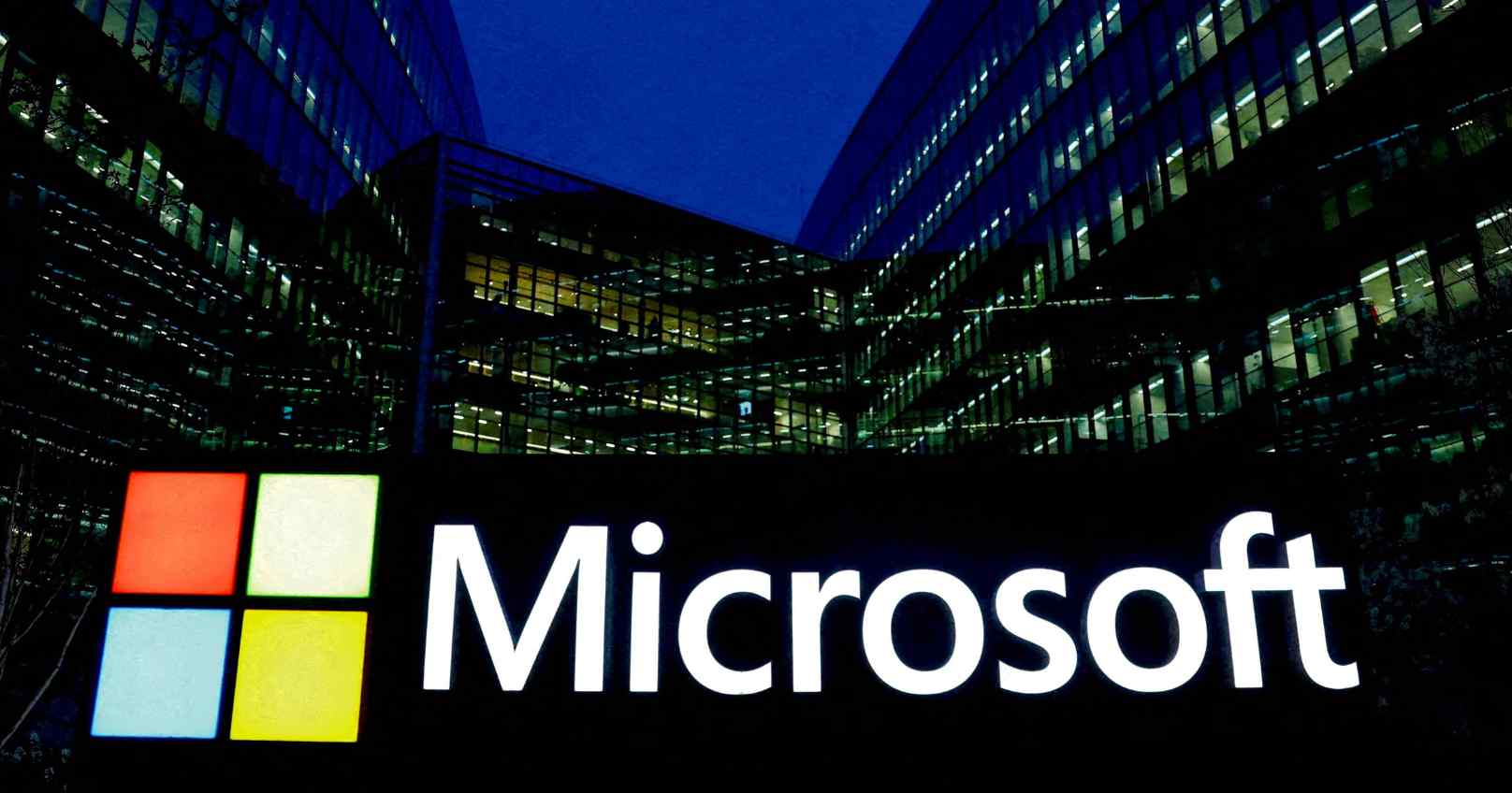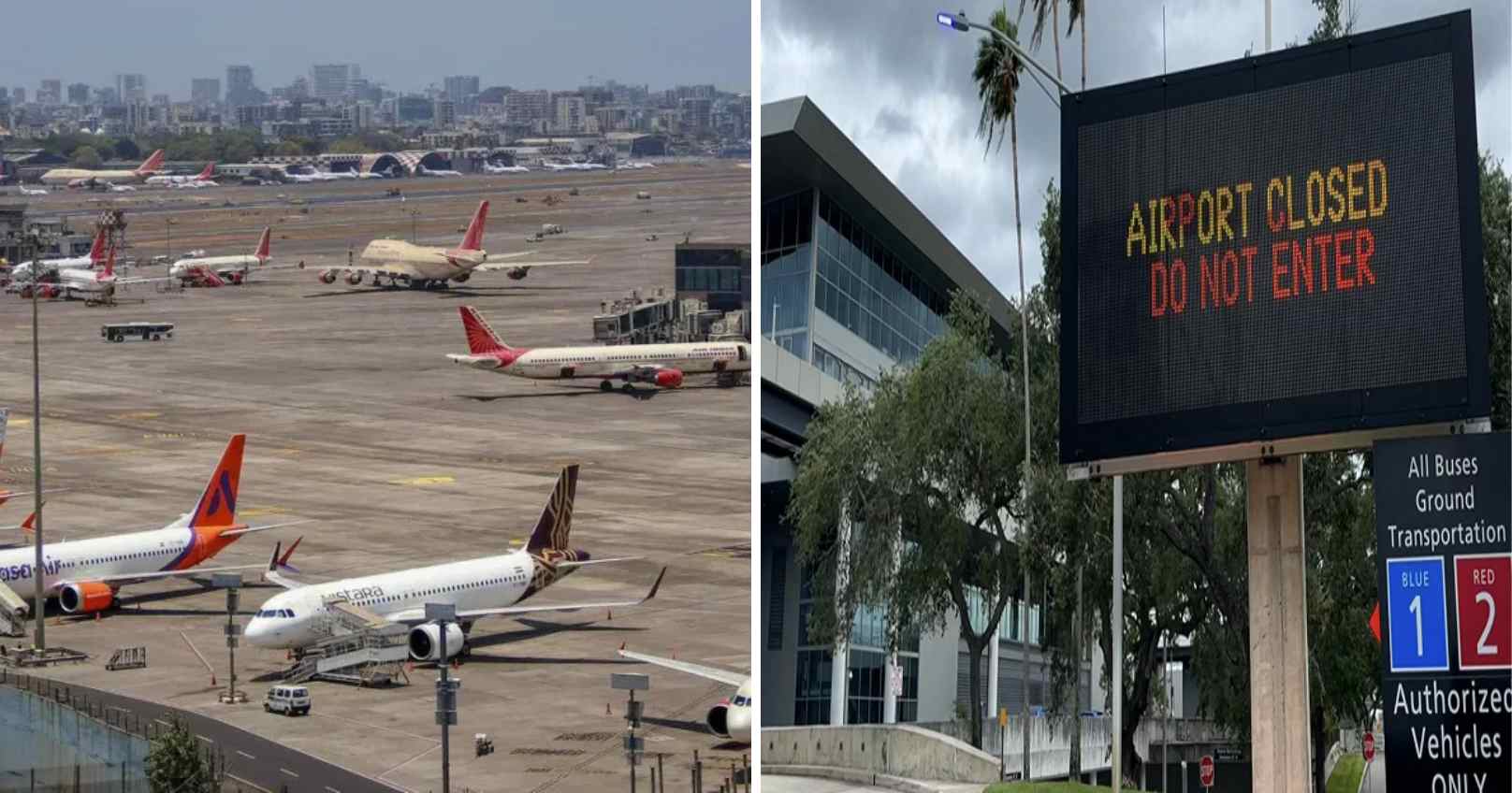Microsoft's latest round of global layoffs, which affected approximately 6,000 employees, has disproportionately affected software engineers—especially those based in Washington state—just as the company ramps up its efforts in AI-assisted coding. According to Bloomberg’s review of internal documents, over 40% of the layoffs in Washington targeted software engineers.
What’s particularly striking is that some of these engineers had previously been directed to significantly increase their use of AI coding tools. As per a report by The Information, Jeff Hulse, a Microsoft VP managing a team of 400 engineers, had instructed his team to generate nearly half of their code using AI models powered by OpenAI—far above the usual 20–30% threshold. Not long after, his entire team was laid off, raising concerns about whether these engineers inadvertently facilitated their own redundancy.
CEO Satya Nadella has touted AI as a game-changer, saying that in some projects, nearly one-third of Microsoft’s code is now written by artificial intelligence. But for many engineers, this rapid shift has come at a personal cost—being let go as the very tools they were encouraged to adopt potentially took over parts of their jobs.
The cuts extended beyond coding teams. Roles in product and program management, including individuals who were part of Microsoft’s AI initiatives, were also eliminated. Gabriela de Queiroz, who led AI initiatives for startups at Microsoft, confirmed her dismissal on social media. She described her exit as "bittersweet" and expressed admiration for her teammates, praising their dedication and passion.
Interestingly, customer-facing departments such as sales and marketing were less affected, as state records showed they were largely spared. While Microsoft has framed the restructuring as a move to reduce management layers, data from the Washington state layoffs shows that only 17% of those affected were managers—roughly in line with the company's overall management-to-staff ratio. This suggests broader motives tied to cost control, especially amid Microsoft’s heavy investments in AI infrastructure and partnerships, including with OpenAI.
The layoffs have not gone unnoticed. At Microsoft’s Build 2025 conference, an employee named Joe Lopez interrupted the event to criticize the company’s association with the Israeli government, reflecting growing unrest within the workforce.
For many of the affected engineers, the irony is hard to ignore—they were key contributors to Microsoft’s AI transformation, only to be sidelined by the very progress they enabled.







